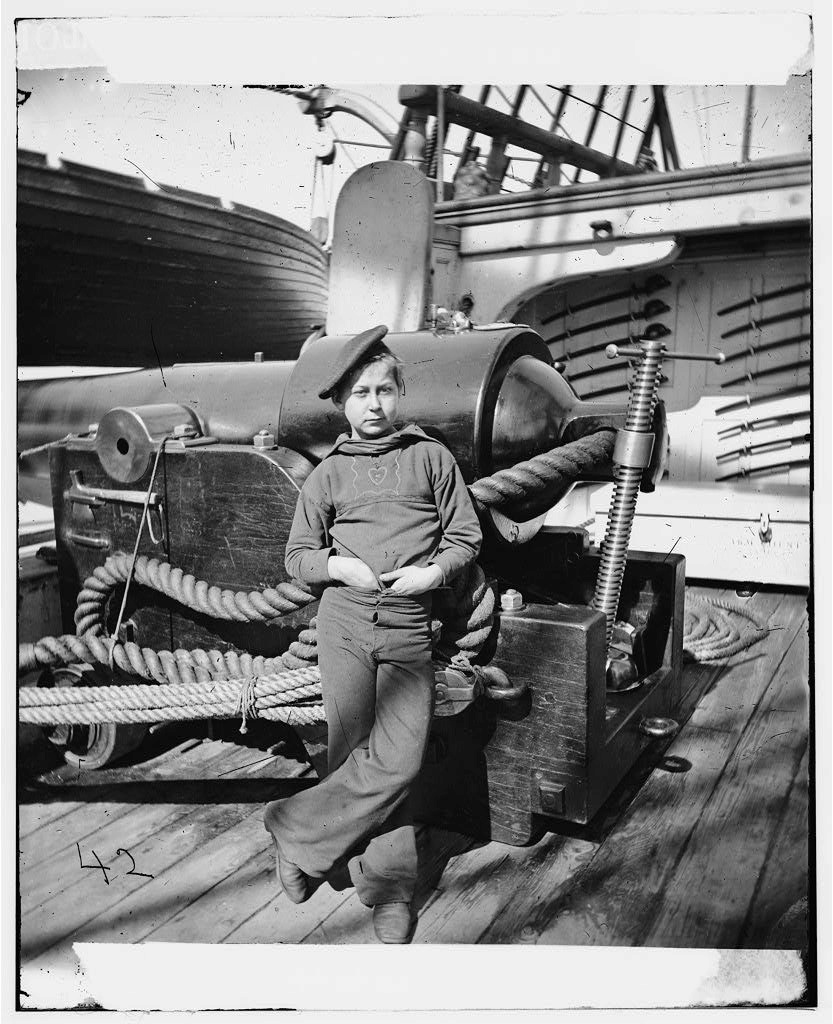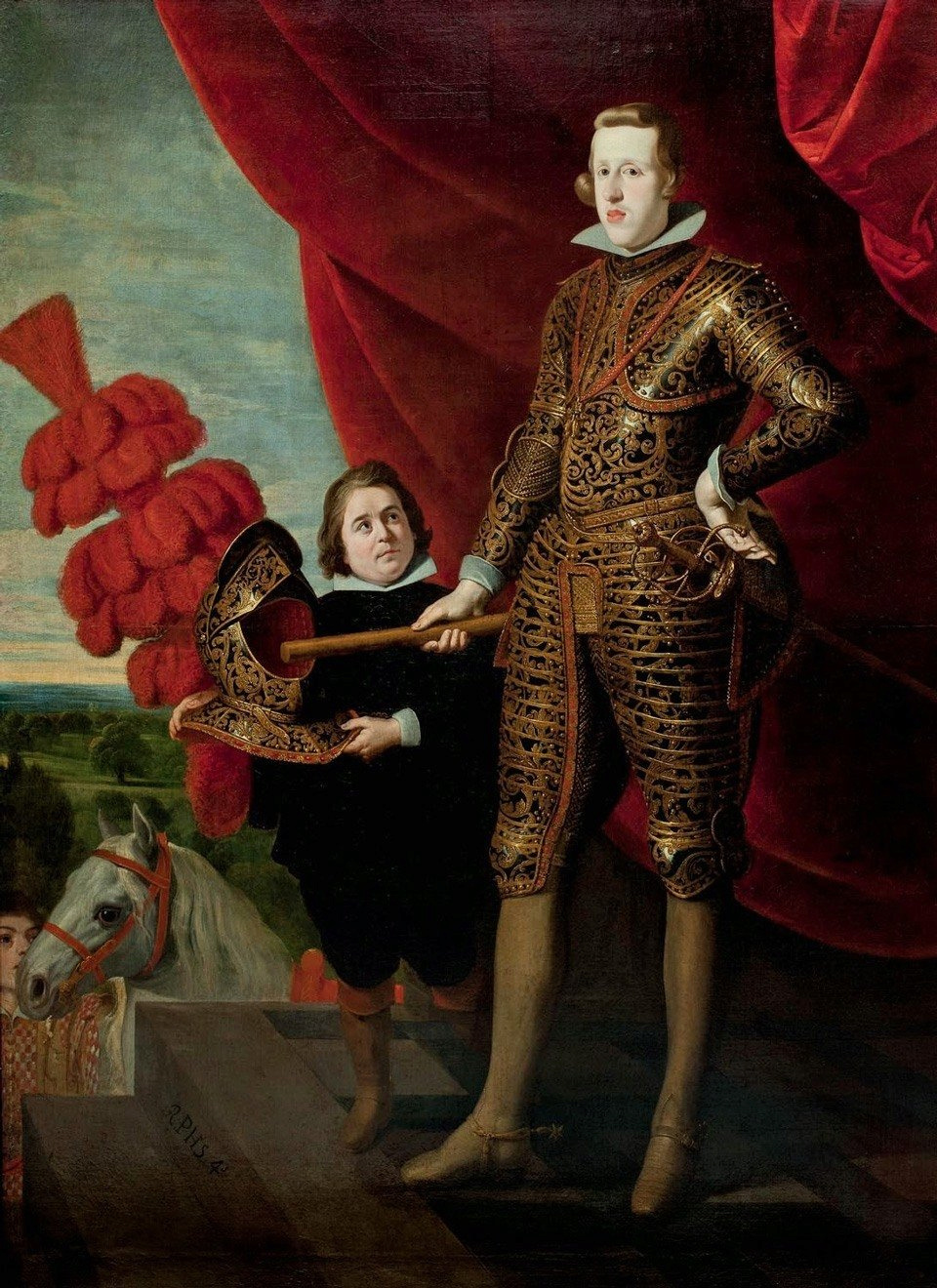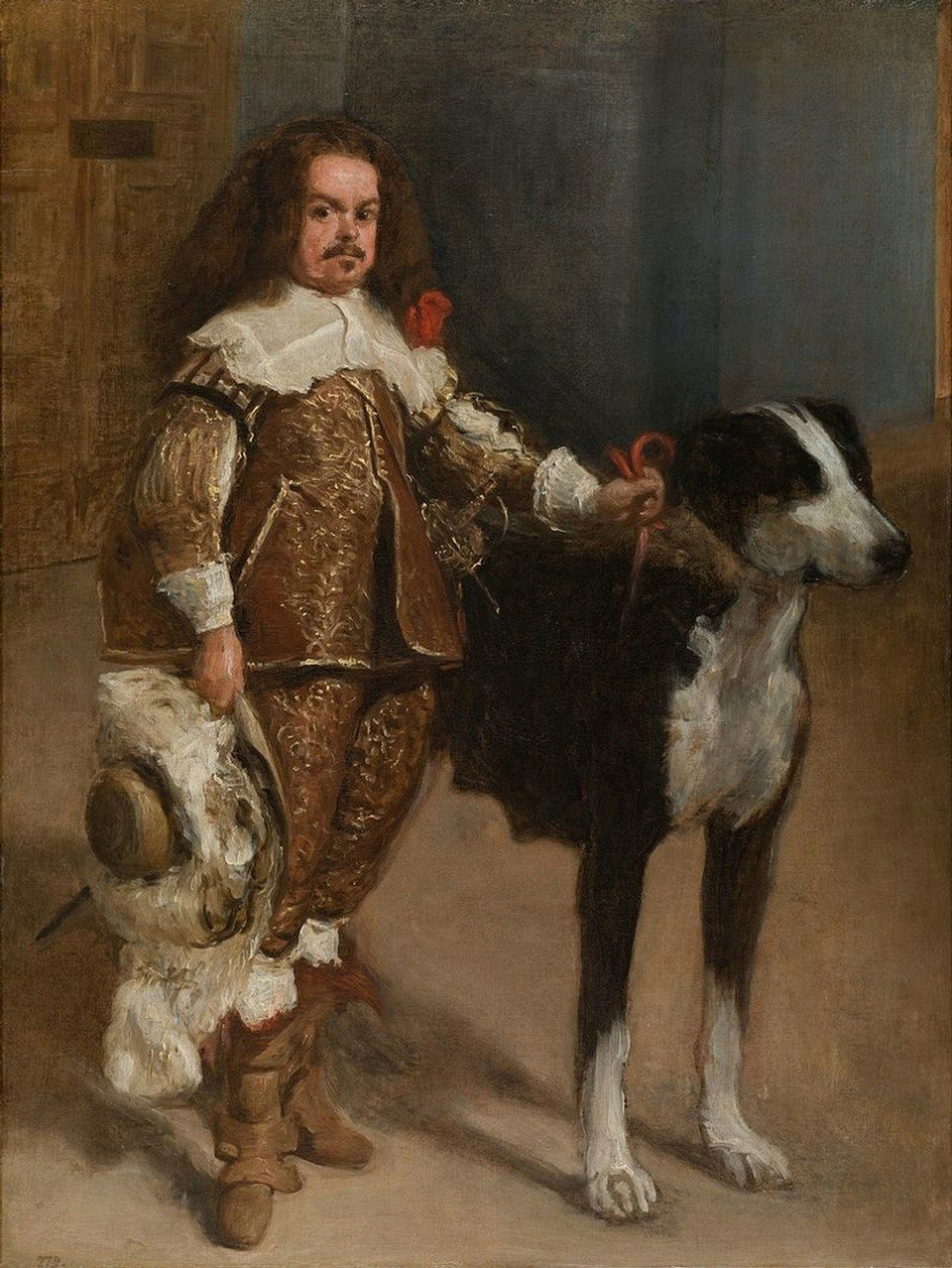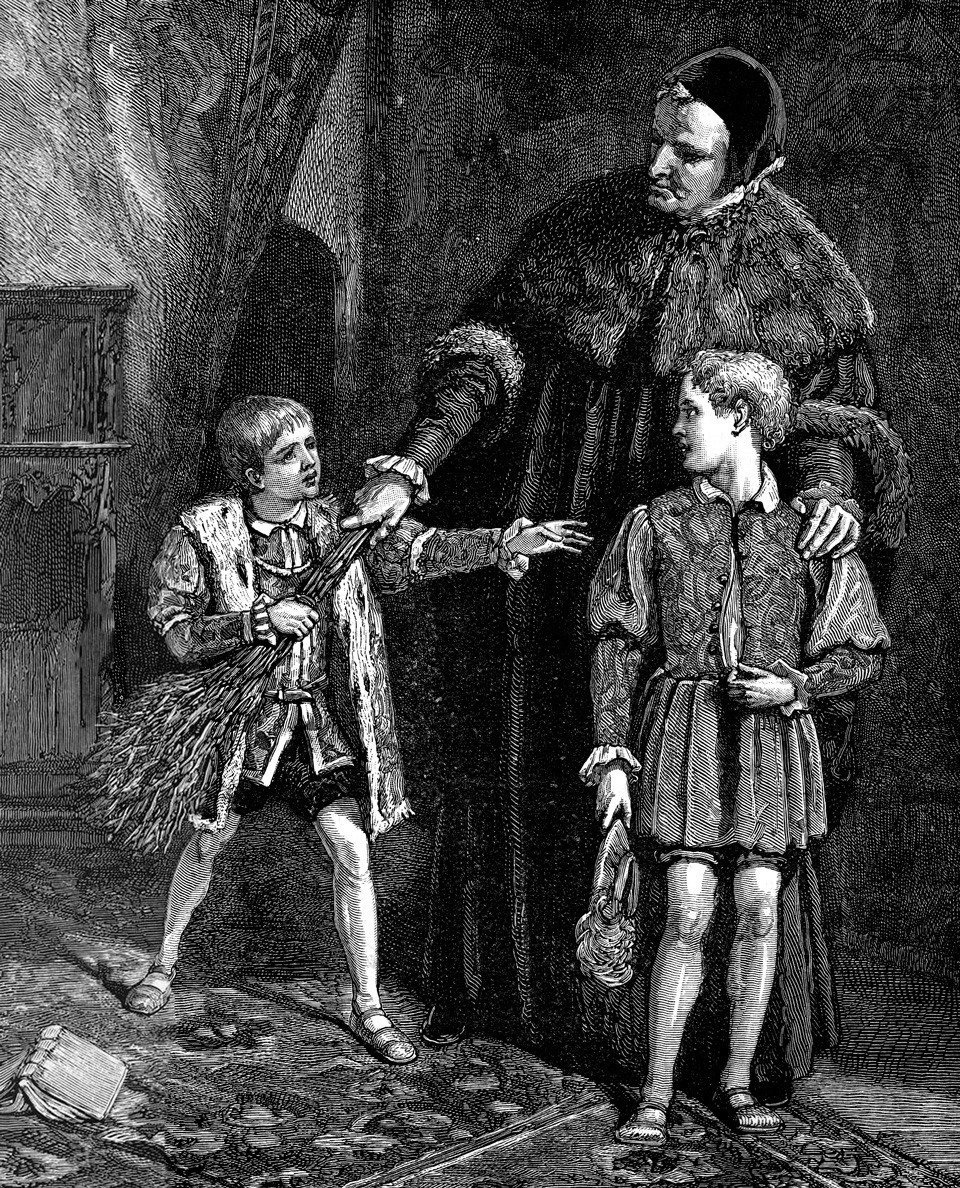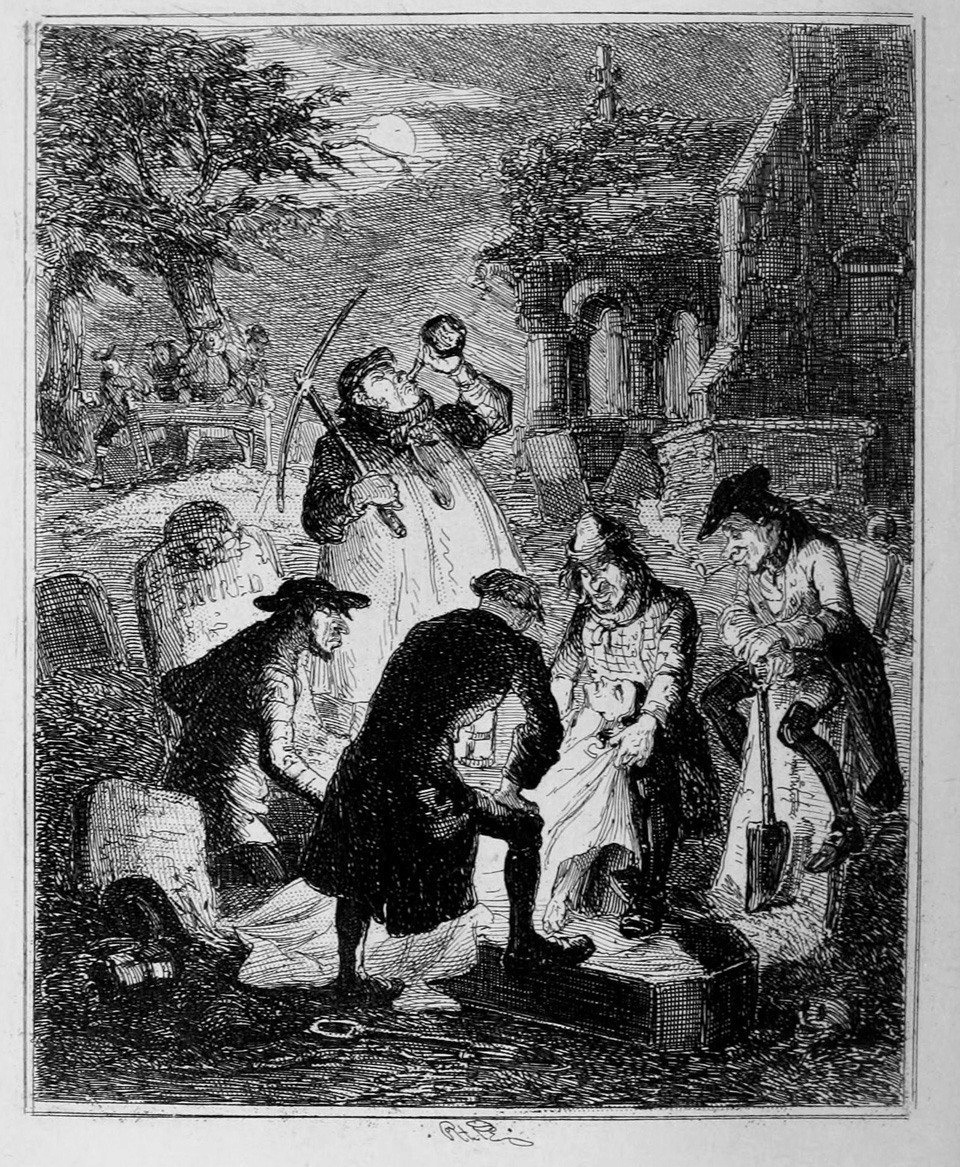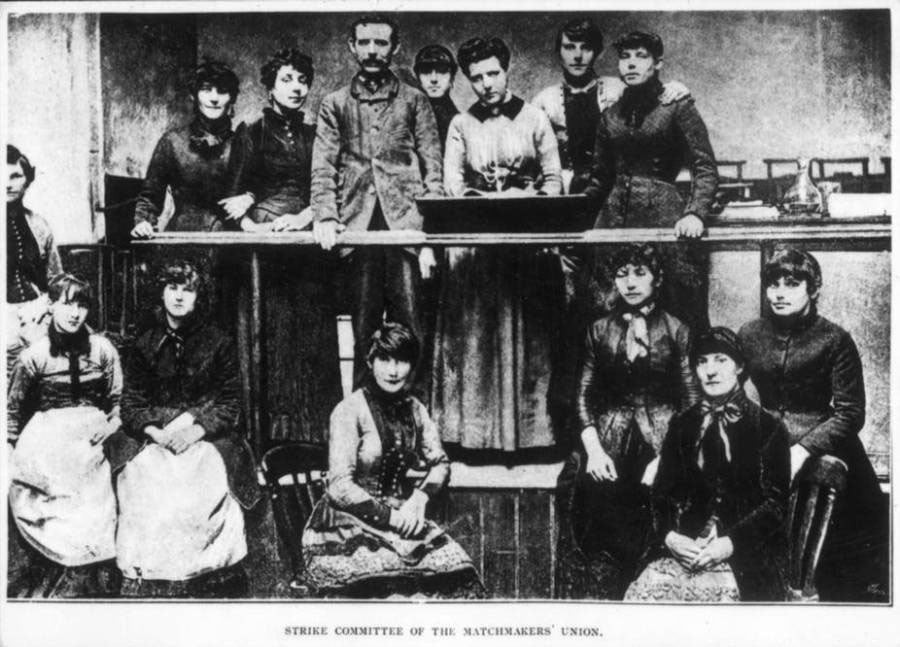10Horrible Jobs That Luckily Don't Exist Now
You will change your mind if you think your job is bad, after learning
! that there was a job that required helping the king with the toilet
The comedian (Al Bundy) in the series (Married with Children) has always reminded us that the worst job one can have is selling women's shoes, but we bet, dear reader, that after you take a glimpse into the history of horrific jobs in human life; You will change that view, and you will be very grateful that these jobs no longer exist.
Here are the ten jobs that we categorized for you in this article on our “Your Income Knowing” website as the worst jobs in human history:
Royal Toilet Stand:1.
King (Henry VIII) had five lavatories whom he promoted all to knights later - Image: Wikimedia
in medieval England; Servants were at the service of the kings and their families in almost everything, including helping and serving them while they used to meet their needs. These servants were known as the "toilet bearers" and their primary function was to serve the king and help him when "nature called him."
Essentially the toilet holder functioned just as his name suggests: he followed the king wherever he went, carrying his luxurious portable toilet with him around the clock, and he also carried with him water, towels, and a wash-basin, so that every time the king found himself in need of defecation, He finds equipment suitable for his position on the spot at his disposal.
Toilets of the kind shown in the photograph were carried around the clock by the latrine holder who always accompanies the King - Photo: Jess and Grace Pavey Fund/Mount Vernon Ladies' Association
Although this position may appear to the reader today as humiliating and degrading to the one who occupies it, in fact it was a very high position at the time and was often reserved for the sons of nobles. The latrine-bearer was spending a lot of time with the king, which meant that he had a kind of private life with him that no one else had with him, as he saw him in his most awkward moments, and just as you might now imagine, the latrine-bearer was often rewarded with lands and titles.
The function of the latrine holder reached its zenith during the reign of Tudor, and during the reign of King Henry VII his latrine holder (Hugh Dennis) held the position of tax advisor very close to the King, and since then it has become common for the latrine bearer to hold unofficial but very prestigious positions comparable to The position of treasurer, as it seems if you are good at dealing with dung, you are no doubt very good at dealing with money.
This position was temporarily banned in 1558 during the reign of Queen Elizabeth I, who replaced the latrine campaign with the function of "bedroom maids".
Gunpowder monkey:2.
A boy's gunpowder ape on a Union warship during the American Civil War - Photo: Wikimedia
The pages of history have always witnessed that children were given some of the most dangerous and worst tasks in history, only because their young age prevented them from bickering and negotiating or refusing and refraining, and among these jobs and tasks was the job of the “powder monkey.”
During the golden age of the conquest of the seas around the world, the “gunpowder monkey” was transporting gunpowder from its storage places to the cannons on board the warship, and it also performed other military tasks such as accurately measuring what each particular weapon needed of ammunition and bringing it when needed. Various armies created this function in order to shorten the time during battles and fire the cannons more effectively, unfortunately, at the expense of innocent young boys and girls.
This job was by its nature very dangerous, since enemy snipers often targeted these boys in order to paralyze artillery, and from it the various armies and warring fronts on the high seas chose for this task the slender boy with a small body, which was difficult to target, and for the same reason were the boys who Those over the age of fourteen were excluded from this job, and it went to boys of nine years old at most, many of whom served in the American Civil War.
18th century painting by Louis-Philippe Crépin showing a gunpowder boy on the left – Image: Wikimedia
What made the matter even more heinous, was that the job of the gunpowder monkey was not optional, as most of the children did not volunteer to fill this dangerous position that forces them to live among explosive materials while others shoot them constantly, but they were mostly kidnapped from their homes and forced to serve in warships .
It is very hard to imagine what these boys had to go through in all those battles and wars in which they were involved, and from which everyone should be grateful that this kind of job no longer exists.
Elf tiles:3.
The King (Philip IV) loved the dwarves of his court so much that the painters painted paintings of him while they were next to him - Photo: Wikimedia
During a period in past history, the presence of dwarves was not more than just outcast individuals in their societies, and this remained their condition and status until they became employed in new jobs called “court dwarves”, which contributed to writing the first positive lines in history about their stories and history.
The court dwarf played a clown-like role, and his only job was to amuse the king, his court, and everyone else in the court, often using his small body size in comical moves.
The history of the employment of dwarves in royal palaces dates back to ancient Egypt and Rome when they were sold as a valuable commodity in the markets.
This practice continued until the Middle Ages in Europe, where, like the royal lavatory, the court dwarf was a humiliating position but very useful socially. Queen Henrietta Maria, wife of King Charles I, was a great admirer of dwarves, and he was the first dwarf. She puts him in her court as Geoffrey Hudson, the son of a butcher and a dwarf boy whose height did not exceed ninety centimeters, and despite his weakness being his small size, Hudson fought in the English Civil War, and even managed to kill a normal-sized man in Bilateral confrontation.
King (Philip IV) of Spain was also a big fan of the dwarves, who employed many of them in his court, and he went to order the painter (Diego Velasquez) to paint his paintings with his court dwarves.
A mural of the dwarf (Don Antonio El Ingles) from the Maz del Prado Museum in Madrid. Image: Art Media/Print Collector/Getty Images
Court dwarves would often stand next to the king or queen so that the latter two seemed taller than their actual size compared to the size of the small dwarf.
Scapegoat:4.
The boy was a "scapegoat" receiving physical punishment in his place, and the boy, the scapegoat and the prince usually grew up together until a kind of brotherhood was formed between them.
Undoubtedly, many princes lived a life full of luxury and absolute pampering, and this is what led many of them to deviate and behave in inappropriate behaviors most of the time, which required a kind of punishment and discipline on them so that their behavior would be appropriate to their position, and so that their morals and their upbringing and growth would not be spoiled. To make wars that are useless please behind them.
Since no one could punish the prince except for the king himself, and because most kings are very busy in managing the affairs of their kingdoms and subjects, disciplining the young princes and correcting their behavior required a kind of trick, and from it the “scapegoat” function appeared.
When the little prince was misbehaving, the boy was a "scapegoat" who received physical punishment in his place, and the boy was the scapegoat and the prince usually grew up together until a kind of brotherhood, love and close friendship was formed between them, and it was behind him that he was supposed to hold the little prince on the palm For his abusive behavior so that his friend would not be punished.
Sometimes this ploy paid off, sometimes not, and unsurprisingly many of the boys who took up jobs as “scapegoats” grew up to benefit from the generosity of their childhood friends when they became kings of England.
Punished scapegoat - Photo: The Whipping Boy . book
Stories and tales about scapegoating boys have persisted over the centuries, but there is no concrete evidence that this was an actual job, even though scapegoats appeared in many plays and were mentioned in many works. Their existence was not preserved by history, and although the term Whipping Boy “scapegoat” is officially recognized in dictionaries, and even if history does not mention anything about the fact that the job actually exists, the term is considered evidence of its existence and expresses itself.
. Sin eater:5
In England, Scotland and Wales in the eighteenth and nineteenth centuries, when a member of a family dies, a special and interesting ritual takes place, which requires a very special kind of job. The owner of this position was called the "sin eater", who, after the death of one of them, rid himself of all his sins, and the matter was going as follows:
A member of the deceased’s family or those close to him would place a piece of bread over his body, which was believed to absorb the sins and sins from his body, then the “sin eater” would come to eat that piece of bread and swallow it with the help of some “ale” - a kind of beer -.
A painting featuring a mourning in ancient England - Photo: The Print Collector/Print Collector/Getty Images
The idea behind this belief was that the sins of the deceased person would then inhabit the body of the "sin eater", allowing the deceased to enter the paradise of bliss free of sins or problems that might hinder his path. The sin-eaters occupied this job exclusively because society considered them to be outcasts, and because they were unable to find other jobs to satisfy themselves.
When the sin-eaters at funerals were not “eating the sins of the dead,” they lived a life of vagrancy and a very squalid life.
In almost every village there was a "sin eater" of its own, and it was believed that with every new sin they ate, they grew more wicked, vile, and profane, and from it this was undoubtedly a decent job, but for them it was an inevitable evil in order to provide for the day's sustenance.
Don't be in the graves:6.
Night thieves raid a "corpse thief" who leaves the stolen corpse and flees in haste - Photo: Wikimedia
Medical students must perform many surgical operations on human corpses before graduating and go to work on living humans, and in the nineteenth century, the concept of organ donation or donating your body after your death for scientific purposes was not circulated yet nor widespread. .
This may lead us to wonder what medical colleges and schools were doing at that time in order to train their students on such complex operations? The solution at that time was to ask for aid from the “grave hunter,” who is also referred to as the “corpse thief.” These latter would steal the dead bodies from their graves in which they lay, and would sell them to anyone who needed them.
Meanwhile, the only legal way someone could obtain a dead person's body for scientific experiments was after that person was a criminal who had been executed for his crimes, but that was not happening at the pace in which the demand for corpses was rising among medical schools and colleges.
A group of "gravebreakers" steal corpses from their graves in England at night - Photo: Wikimedia
The popularity of medical schools was constantly increasing, and at the same time it was found that crime levels were declining at the time. As a result of this differentiation, the profession of “grave hunters” came out to the world, and for obvious reasons that do not need explanation, the “grave hunters” used to do their jobs at night under In the dark, they were making good sums by selling the corpses they stole, which is reasonable given the seriousness of the profession from a legal point of view as well as from a spiritual and religious aspect.
As for the legal aspect, the penalty for the crime of digging up someone's grave and stealing his body was a minor misdemeanor, but from a religious point of view, it was a grave and unforgivable sin.
The Awakened:7.
The wake-up call that wakes people from their sleep in the morning before the invention of the automatic alarm clock.
Even before the invention of alarm clocks, people in the past needed to get up early at certain times in order to get to work on time, so we offer you the “wake-up” function, or the human equivalent of an automatic alarm. The services of the Awakeners were used to wake up people who had to go to work and go to work.
At first, they were knocking on doors, door by door, but after a while this method of waking people became useless and effective, so in order to settle the situation, the awakens carried very long sticks with which they knocked on the windows of sleeping people who lived in high apartments in the buildings Residential homes, and in some areas of England, continued to use the services of Awakeners until the 1970s.
The wake-up function became particularly popular during the first industrial revolution, when many people started working in factories and needed to get there at specific times. It can be said that this was probably the first time that the world began to operate on a time schedule from nine in the morning to five in the evening.
One of the popular Awakening stories involved a woman who took on this job and became famous for it, Mary Smith, who became famous nationally after a newspaper photograph showed her using a "pea slinger" to wake people up. She charged half a shilling per client for her services a week, and her daughter inherited her profession and followed suit when Smith stopped doing her duties.
Dog dung hunter, or laxative hunter:8.
The laxative hunter looks for dog dung in sewers - Photo: Wikimedia
Do not let the name of this job deceive you, dear reader. The job of "laxative hunter" was very entertaining. In the Victorian era in England, this name was given to anyone who performed the functions of collecting dog dung from the streets and selling it to leather tanners.
Leather became a very popular commodity in the late 19th century, and in order to make it softer, tanners used dog dung as a form of fertilizer. Dog dung was known as the “laxative” due to the softness it leaves on the skin and its tough tissues.
Mullion hunters roamed the streets and sewers looking for stray doggies, and they were actually making quite a bit of money through their business.
A laxative hunter going into the sewers looking for stray dog waste. Photo: Boyer/Roger Viollet/Getty Images
At the beginning of this profession in the 1830s, there were not many people who practiced it and there was not much competition in the field, but in the late of the century more people started to look for dog dung as their profession, which caused prices to drop. Which used to pay for the product, and there were only 30 tanners at the time, and the number of people working in the search for “laxative” was much more than this number, and from it the supply exceeded the demand by many, and eventually the profession became neither fattening nor enriching from hunger.
Wool Softener:9.
Drawing showing Scottish women ironing their feet while singing - Photo: Wikimedia
Before the invention of fabric softeners, people had a unique way of making fabrics and clothes look more comfortable and smooth on the skin, and the people who took on this task were called “softeners,” and the fabric that needed the most to soften and soften was wool.
And here comes the role of the softener or laxative to advance and perform its function, the wool softeners - or laxatives - were working to soften all the clothes and fabrics that were brought to them using their feet. It may not seem like a bad or cruel job, but it has an element that makes it unenviable.
In order to make the fabric more soft and supple, another component was added to it, which is old urine. Believe it or not, the ammonium salts that are found in old urine help to soften the fabric, and they even help to add a kind of gloss and bright whiteness to the fabric. white clothes. Because of its frequent use in softening, urine itself became subject to taxes, and this shows us how important this function was at the time.
The roots of the textile softening profession go back to the time of the ancient Roman Empire, but it became very important in England in the Middle Ages, as wool became a trade that generates a lot of money at that time, so people were in constant need of softeners.
While the English were not making woolen garments themselves, they were exporting wool to other countries, and more particularly to the region (Flanders), where the demand for English wool was very high, so laxatives and laxatives trampled soul and coming in the old urine of others for whole hours until The fabric becomes soft enough to wear without discomfort.
Matchmakers:10.
Matchmakers Inion members in London
Although making matches may seem like a simple profession, the consequences of working on the materials that were required to make them were truly horrendous! Matches were made in laboratories that employed women and children for a period ranging from twelve to sixteen hours a day, and the process of making them included dipping the wooden sticks in a phosphorous solution.
The problem with this job was that excessive exposure to phosphorous carries with it a great danger to matchmakers, a danger that is manifested in a high probability of contracting a disease called “Phossy Jaw.”
An anatomical drawing showing the effects that phosphorous jaw necrosis had on its victims.
These poor factory workers were making very low incomes in poor working conditions to say the least, risking their lives for a few pennies, and the harsh and dangerous working conditions inspired 1,400 women and girls to go on a general strike.
Working on white phosphorous also caused inflammation of the lungs and some other respiratory problems, the workers often vomited fluoresce, but none of these terrible side effects that phosphorus caused could shed light on the pain caused by one's disease of jaw necrosis. Phosphorous and the suffering experienced by male and female workers in this field.
Source: websites





